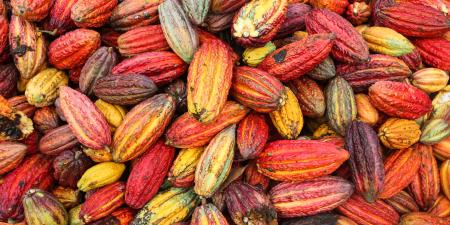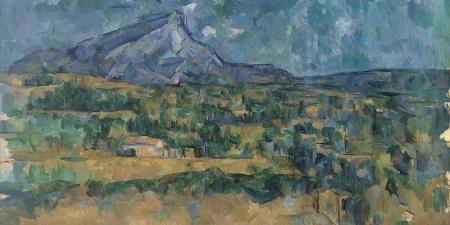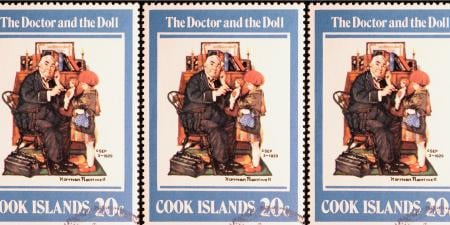Golf is addictive. Based on observations of family and friends, the golfers among us seem to spend a disproportionate amount of their free time in pursuit of this game. Decisions about where they vacation are regularly contingent on whether the destination has a highly touted course of the 18-, 36- or 54-hole variety. Spouses who golf together also seem happier than those in marriages where one spouse golfs and the other doesn't. Finally, golf has reached such prominence in our society that most of us, even those who wouldn't know a birdie from a bogey, would recognize Tiger Woods.
It is also a well-known truth that golf and medicine share a certain bond. Many physicians are avid golfers, especially those who have retired. In medicine, a standing joke is that it's nearly impossible for patients to get a hold of their doctors on a sunny Wednesday afternoon. Many medical organizations commonly use golf tournaments as a means of raising money. To my knowledge, there have never been any scientific studies that examined whether genetic factors contribute to the metaphysical relationship between physicians and golf. But I wouldn't bet against the presence of an autosomal recessive gene that contributes to the link between playing golf and practicing medicine.
Mark Twain used to joke that "golf is a good walk spoiled." In traveling and speaking to physician audiences, I often find that the majority of those in attendance are retired and that many of them are golfers. First, retired physicians are more likely to attend because, even with tee time factored in, they have more free time on their hands than practicing doctors. Second and, to me, more importantly, those who are retired want to retain a connection to medicine and their past professional identities. By attending such gatherings as my presentations, physician retirees can keep abreast of the major ethical and professional issues confronting medicine and interact with their physician colleagues at the same time. I have also noticed that since the tragedies of last September 11, many retired physicians that I have been fortunate enough to meet very much want to contribute their time if not their expertise to help others.
While golf, especially if you walk and carry your own bags, is an excellent way for older individuals to engage in regular physical activity, I would say to my colleagues of earlier generations that your willingness to continue contributing to our profession is welcome and more necessary than you may think. For example, students of medicine would undoubtedly benefit from your experience and wisdom. Given the current challenges facing medicine, students and new physicians could well use a reminder of the profession's timeless core values. Therefore, I encourage physicians, retired or not, to volunteer to serve as mentors by registering for our Physician Mentor Registry. In addition, please stayed tuned for breaking developments on the planned launch of a world community service campaign, the success of which will depend on the help of all physicians.
I look forward to my next online opportunity to share some thoughts with my colleagues. In the meantime, here's wishing you a hole-in-one.



